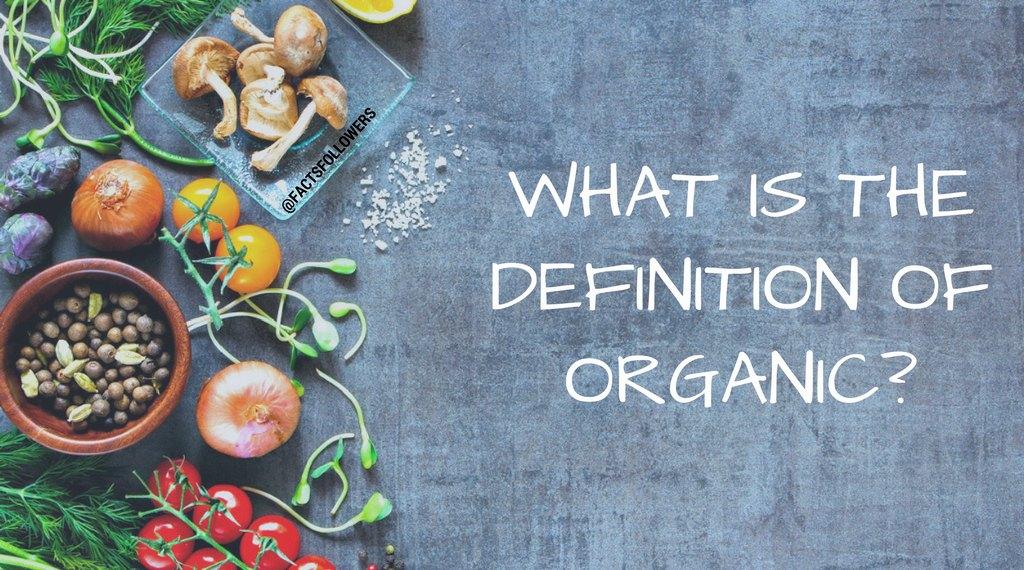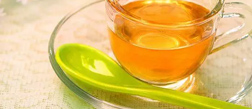Your Location:Home - Hot Topics > - Content
News and Information
Is Honey Organic?: Navigating the Definition of Organic
Time:2017-04-14 13:29:26
Source:IFIC

A couple of weeks ago, I noticed I was low on honey, and figured I would buy some more before running out and having nothing to sweeten my green smoothies and tea. I went online and perused what was available; there was raw honey, unfiltered honey, clove honey, blueberry honey, really there was every honey you could imagine. I settled on one and before clicking “buy,” I looked at reviews to make sure there were no problems. Luckily, there was nothing wrong with the honey, but there were a lot of people that seemed to be confused about the definition of organic.
“It says unpasteurized, so it must be organic.”
“All natural means organic.”
“If it’s not filtered, it’s probably organic.”
I ended buying the largest bottle for the least amount of money; in two days, it would be delivered thus averting me from any crisis, but it had me thinking. While I know the definition of organic, do other people? Well, I perused other reviews online of food products; from honey to spirulina, meat to spinach, everyone seemed confused about what organic means and what it doesn’t mean.
Organic is a labeling term defined by the United States Department of Agriculture and states that:
“Food or other agricultural product has been produced and processed using approved methods. These methods integrate cultural, biological, and mechanical practices that foster cycling of resources, promote ecological balance, and conserve biodiversity.”
These approved methods include growing crops; source of seeds and plants; soil fertility; and pest, weed, and disease management. While the USDA’s definition is extensive, it provides a clear and concise definition of what can and cannot be labeled as organic. This probably confuses consumers who haven’t examined the many documents on USDA’s website, but many of the buzzwords that are tied with organic don’t make them inherently organic. Words like “unpasteurized,” “unfiltered,” “free-range,” “antibiotic-free,” “pesticide-free,” “natural,” “local,” “grass-fed,” “cold-pressed,” and “sustainably-sourced” are not indicative of whether something is or isn’t organic. This of course doesn’t mean that these labels aren’t useful; they still hold information about the food, such as where it came from and how it was produced. The easiest way to know if a food or food product is organic is to check for the certified “USDA Organic” label.
Bottom line, if you’re in the store looking for organic food, make sure to check for the USDA label. Also, knowing how to read a label can go a long way, and hopefully the resources in this article have come to your aid. By the way, if you are looking for organic honey, don’t waste your time! Ironically, despite the confusion and discussion online about organic honey, the USDA has not developed standard production and handling standards meaning that, at least in the U.S. as of April 2017, honey as well as mushrooms, don’t exist in an “organic” option.
“It says unpasteurized, so it must be organic.”
“All natural means organic.”
“If it’s not filtered, it’s probably organic.”
I ended buying the largest bottle for the least amount of money; in two days, it would be delivered thus averting me from any crisis, but it had me thinking. While I know the definition of organic, do other people? Well, I perused other reviews online of food products; from honey to spirulina, meat to spinach, everyone seemed confused about what organic means and what it doesn’t mean.
Organic is a labeling term defined by the United States Department of Agriculture and states that:
“Food or other agricultural product has been produced and processed using approved methods. These methods integrate cultural, biological, and mechanical practices that foster cycling of resources, promote ecological balance, and conserve biodiversity.”
These approved methods include growing crops; source of seeds and plants; soil fertility; and pest, weed, and disease management. While the USDA’s definition is extensive, it provides a clear and concise definition of what can and cannot be labeled as organic. This probably confuses consumers who haven’t examined the many documents on USDA’s website, but many of the buzzwords that are tied with organic don’t make them inherently organic. Words like “unpasteurized,” “unfiltered,” “free-range,” “antibiotic-free,” “pesticide-free,” “natural,” “local,” “grass-fed,” “cold-pressed,” and “sustainably-sourced” are not indicative of whether something is or isn’t organic. This of course doesn’t mean that these labels aren’t useful; they still hold information about the food, such as where it came from and how it was produced. The easiest way to know if a food or food product is organic is to check for the certified “USDA Organic” label.
Bottom line, if you’re in the store looking for organic food, make sure to check for the USDA label. Also, knowing how to read a label can go a long way, and hopefully the resources in this article have come to your aid. By the way, if you are looking for organic honey, don’t waste your time! Ironically, despite the confusion and discussion online about organic honey, the USDA has not developed standard production and handling standards meaning that, at least in the U.S. as of April 2017, honey as well as mushrooms, don’t exist in an “organic” option.
Last articleKids and Portion Control



